简体中文
繁體中文
English
Pусский
日本語
ภาษาไทย
Tiếng Việt
Bahasa Indonesia
Español
हिन्दी
Filippiiniläinen
Français
Deutsch
Português
Türkçe
한국어
العربية
CFTC imposes penalties of $250k on Peter Bryant and Bryant Capital
Abstract:The Commodity Futures Trading Commission (CFTC) has taken action against Peter L. Bryant of Texas and his company, Bryant Capital Trade Management Corporation (Bryant Capital). The CFTC has issued an order that both files and settles charges related to fraudulent activities and regulatory non-compliance. These actions pertain to Bryant's role as an unregistered commodity trading advisor (CTA) and the failure to register as required.
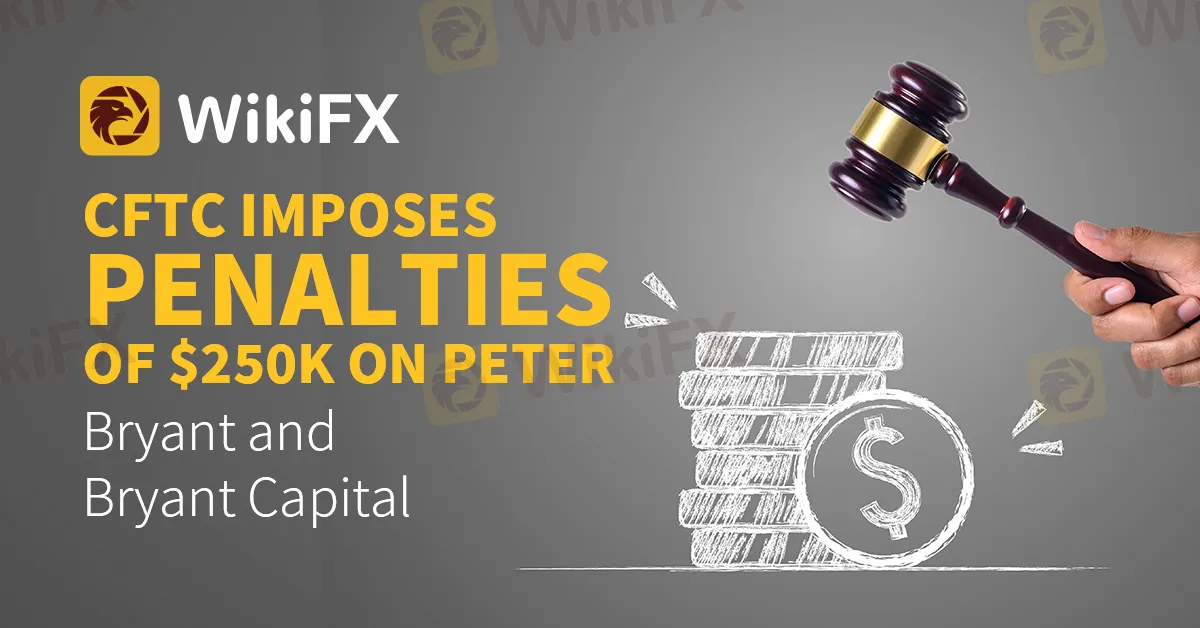
The Commodity Futures Trading Commission (CFTC) has taken action against Peter L. Bryant of Texas and his company, Bryant Capital Trade Management Corporation (Bryant Capital). The CFTC has issued an order that both files and settles charges related to fraudulent activities and regulatory non-compliance. These actions pertain to Bryant's role as an unregistered commodity trading advisor (CTA) and the failure to register as required.
As per the order, Bryant and Bryant Capital are obligated to make a joint payment of $55,655.90 for restitution purposes, alongside a civil monetary penalty amounting to $195,000. Additionally, they are compelled to cease any further violations of the Commodity Exchange Act (CEA) and CFTC regulations. The order also enforces a four-year trading and registration ban on both Bryant and Bryant Capital.
Case Background
The order's details reveal that from approximately February 2014 to December 2022, Bryant and Bryant Capital operated as unregistered CTAs. They utilized various methods, including direct outreach, electronic communications, newsletters, and web-based advertisements, to provide advice on trading commodity options, futures, and swaps within energy markets. These solicitations were designed to promote the respondents' paid trading advisory services.
However, the CFTC order highlights that these solicitations contained multiple false and misleading statements about their business operations, expertise, experience in energy derivatives markets, client base, and past performance. For instance, in one newsletter, they inaccurately claimed to have served 47 clients in 2021, offering detailed analyses and recommendations that resulted in substantial cost reductions. Yet, these claims were discovered to be entirely fabricated.
Furthermore, the respondents misleadingly represented that their business was operating as an “exempt swap intermediary,” exempting them from CFTC registration requirements. The order reveals that these misrepresentations led to client losses amounting to at least $55,655.90.
The CFTC emphasizes that orders requiring restitution might not guarantee the recovery of lost funds due to a potential lack of funds or assets. The organization remains steadfast in its commitment to safeguarding customers and holding wrongdoers accountable.
The case was overseen by a dedicated team within the Division of Enforcement, including Nina Ruvinsky, Bryan Hsueh, Allison Passman, Scott Williamson, and Robert Howell.
Public Awareness and Reporting
The CFTC strongly advises the public to verify a company's registration status with the CFTC before investing funds. If a company is unregistered, individuals are advised to exercise caution when considering financial transactions with that company. Information about a company's registration can be accessed through NFA BASIC.
Customers and other individuals who come across suspicious activities or potential violations of commodity trading laws are encouraged to report such instances to the Division of Enforcement. This can be done through a toll-free hotline at 866-FON-CFTC (866-366-2382), by filing a tip or complaint online, or by contacting the CFTC Whistleblower Office. Whistleblowers may be eligible to receive between 10% and 30% of the monetary sanctions as part of the CFTC Customer Protection Fund, which is funded by sanctions collected from violators of the CEA.

Disclaimer:
The views in this article only represent the author's personal views, and do not constitute investment advice on this platform. This platform does not guarantee the accuracy, completeness and timeliness of the information in the article, and will not be liable for any loss caused by the use of or reliance on the information in the article.
Read more
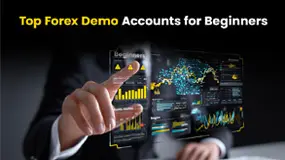
Top Forex Demo Accounts for Beginners
In this guide, we will explore the top forex demo accounts for beginners. We aim to help you find the best platform for your trading practice. Let's dive into the world of forex demo accounts and discover the best options available.
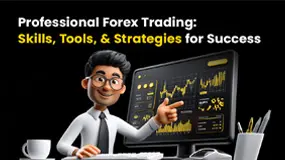
Professional Forex Trading: Skills, Tools, & Strategies for Success
In the vast and fast-paced world of financial trading, the foreign exchange (forex) market reigns as the largest and most liquid market globally. Trillions of dollars are traded daily, as currencies fluctuate due to economic indicators, geopolitical events, and market sentiment. But what exactly defines a professional forex trader? What skills, strategies, and tools are essential for success in the highly competitive currency market? In this article , we’ll explore everything you need to know.
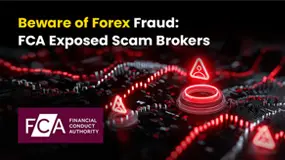
Beware of Forex Fraud: FCA Exposed Scam Brokers
Forex trading continues to attract global investors, but with its growing popularity comes an increase in fraudulent activity. UK’s Financial Conduct Authority (FCA) has recently exposed several unregulated and scam forex brokers targeting traders. Checkout the list of scam brokers below.
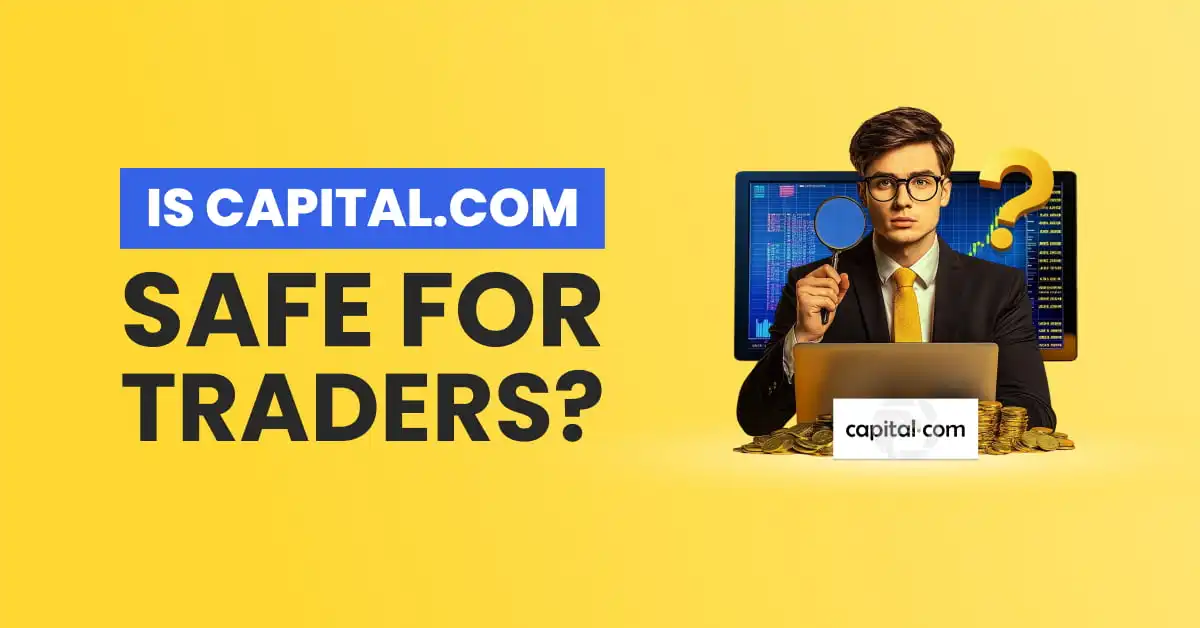
Is Capital.com Safe for Traders?
In online trading, danger rarely arrives with flashing red lights. More often, it hides behind a sleek, professional-looking platform with just one click away from taking your deposit and disappearing into the digital shadows. Today, the broker under WikiFX’s spotlight is Capital.com. Keep reading to discover whether it’s truly as safe as it seems.
WikiFX Broker
Latest News
Charles Schwab Forex Review 2025: What Traders Should Know
How 3 Simple Steps Cost a Businessman INR 4 Crore in a Forex Scam
PrimeXBT Expands FSCA Licence and Enhances Crypto Services in 2025
Quotex Broker Review 2025: Is It a High-Risk Broker?
Is CBCX a Safe and Trustworthy Broker for Traders?
TopFX Launches Synthetic Indices Trading on cTrader Platform
Is TradeEU Reliable in 2025?
How Commodity Prices Affect Forex Correlation Charts
What WikiFX Found When It Looked Into XS
The Global Inflation Outlook
Currency Calculator


